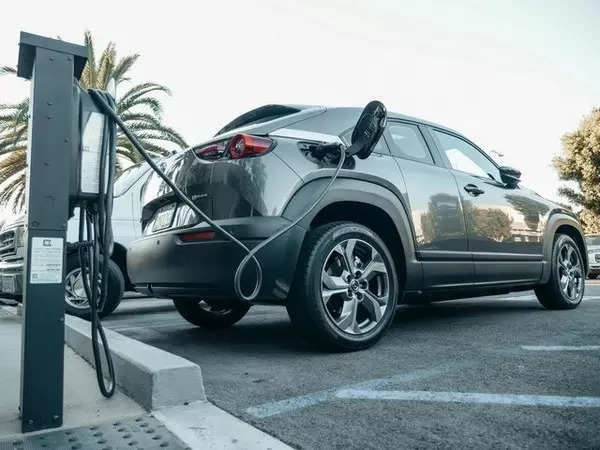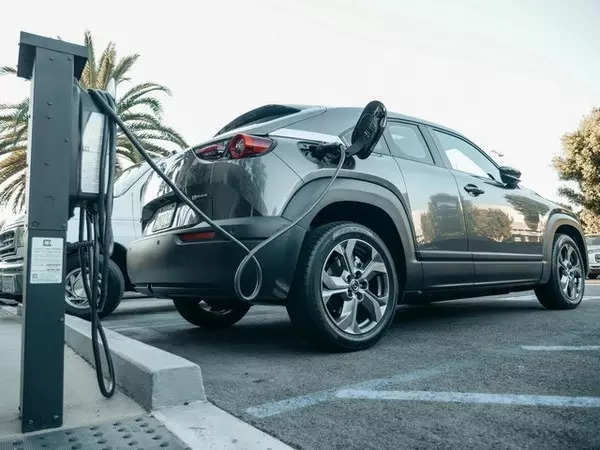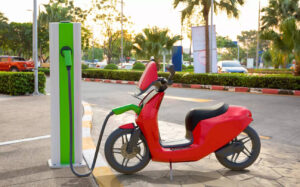
New Delhi: Electric vehicle (EV) sales in India surged across all segments in 2023, with passenger EV sales nearly doubling to 96,000 units, representing 2.3% of all passenger vehicle sales, as per the Bloomberg New Economy Forum. This growth, marking a significant milestone in India’s EV adoption journey, is attributed to a combination of lower lifetime ownership costs, a broader array of available models, and robust policy support, including purchase subsidies and advancements in charging infrastructure.The electric two-wheeler market also saw a substantial increase, with sales growing by 13% to nearly 18 million units, accounting for just under 6% of total two-wheeler sales. This uptick is driven by the escalating fuel prices and the introduction of more electric models, offering a cost-effective alternative to traditional gasoline-powered vehicles.
In the public transportation arena, Delhi emerged as a leader in electric bus deployments, adding 1,121 e-buses in 2023, a nearly threefold increase from the previous year. This constituted 42% of all e-bus deployments across India, with Maharashtra following with 451 e-buses. The push for e-buses is largely supported by government procurement and federal subsidies, underscoring the role of state initiatives in driving EV adoption.
Further highlighting the geographical spread of EV growth, Maharashtra led the charge in EV deployment across most vehicle segments, boasting the largest fleet of electric two-wheelers, passenger EVs, and e-buses by the end of 2023. Karnataka and Delhi also showed significant progress in expanding their electric vehicle fleets.
The expansion of India’s EV charging infrastructure has kept pace, with nearly 17,000 public EV charging stations operational by March 2024. However, challenges remain, particularly with the compatibility of newer passenger EVs with the Bharat charging standards.
On the policy front, both federal and state governments have stepped up their support for the EV sector. Initiatives range from demand-side subsidies for EV purchases to supply-side incentives aimed at promoting local manufacturing. Delhi has notably set phase-out targets for fossil-fuel vehicles in selected segments, paving the way for more stringent measures to promote EV adoption. Additionally, the federal government’s plans to bolster charging infrastructure, set to be detailed in July, alongside a payment security mechanism for e-buses in partnership with the US, signal a continued commitment to fostering the growth of the EV ecosystem in India.






